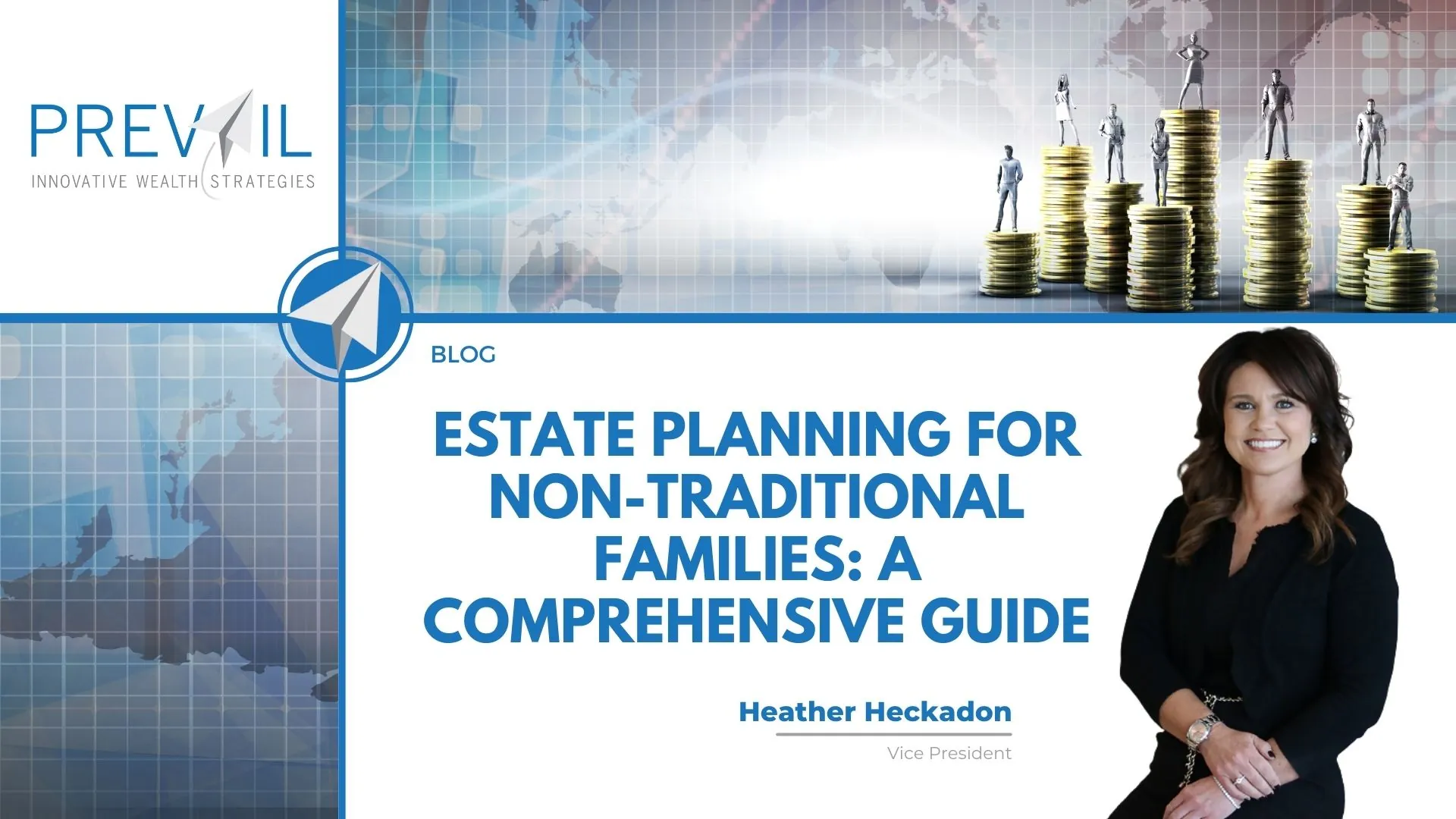Estate Planning for Non-Traditional Families:
A Comprehensive Guide
Estate planning is an essential process that ensures your assets are distributed according to your wishes after you pass away. While estate planning is important for everyone, it becomes even more crucial for non-traditional families, including blended families, domestic partnerships, and single parents.
In this comprehensive guide, we will explore the unique challenges faced by non-traditional families in estate planning and provide tailored strategies to navigate these complexities.
Challenges Faced by Non-Traditional Families
Legal Hurdles:
- Non-traditional families often encounter legal hurdles that can complicate estate planning. Some couples may lack default legal protections, which means they must be proactive in creating legally binding documents to secure their family’s future. Additionally, blended families may face complexities when it comes to asset distribution among stepchildren and biological children.
- Solutions: To overcome these challenges, non-traditional families should explore various legal options, such as wills, trusts, and advanced directives. Clear documentation and legal agreements are essential to protect the interests of all family members.
Tailored Estate Planning Strategies:
Blended Families:
- Estate planning for blended families requires careful consideration to ensure fair distribution among stepchildren and biological children. It is essential to address potential conflicts and provide clear instructions in your estate plan. Consider a scenario where a couple creates a trust that specifies how their combined assets will be distributed among their children from previous marriages, ensuring a harmonious future.
Domestic Partnerships:
- Unmarried couples should also prioritize estate planning. Establishing healthcare proxies and power of attorney documents is crucial for ensuring that partners can make medical and financial decisions for each other in times of need. Imagine a case where a domestic partner is able to make critical medical decisions on behalf of their partner because they had the proper legal documents in place.
Single Parents:
- Single parents face unique challenges in estate planning, particularly concerning the well-being of their minor children. Designating guardianship arrangements and creating a trust for the children’s financial future is vital. Consider the case of a single parent who, through thoughtful estate planning, ensures their children will be cared for and financially secure if they are no longer there to provide for them.
Legal Protections and Rights:
Know Your Rights:
- It’s crucial for non-traditional families to be aware of their legal rights and protections. Staying informed about these developments is essential for effective estate planning.
Conclusion
Estate planning is not a one-size-fits-all process. For non-traditional families, it’s imperative to address the unique challenges they face and tailor their estate plans accordingly. By seeking professional advice and creating clear and legally binding documents, non-traditional families can secure their family’s future and ensure their assets are distributed according to their wishes. Remember, estate planning is not just for the traditional family model; it’s for everyone, regardless of how your family is defined.
Now is the time to secure your family’s future, contact our team of advisors today: (913)295-9500 | riseabove@prevailiws.com
Schedule a Strategy Session
Consult with a qualified financial advisor to get started on your asset protection journey today.



















